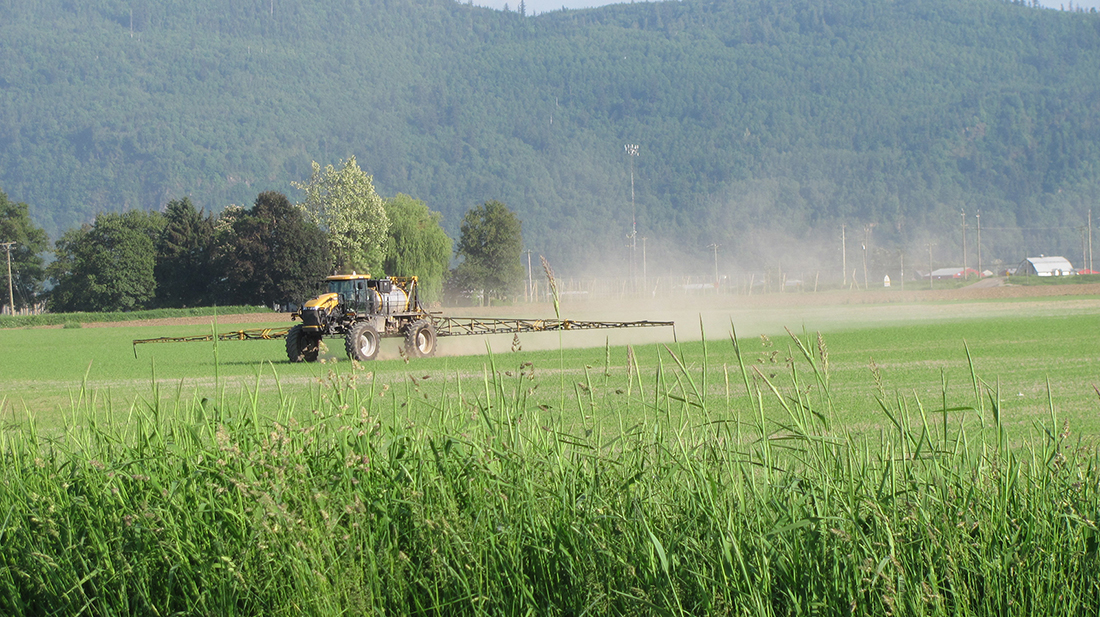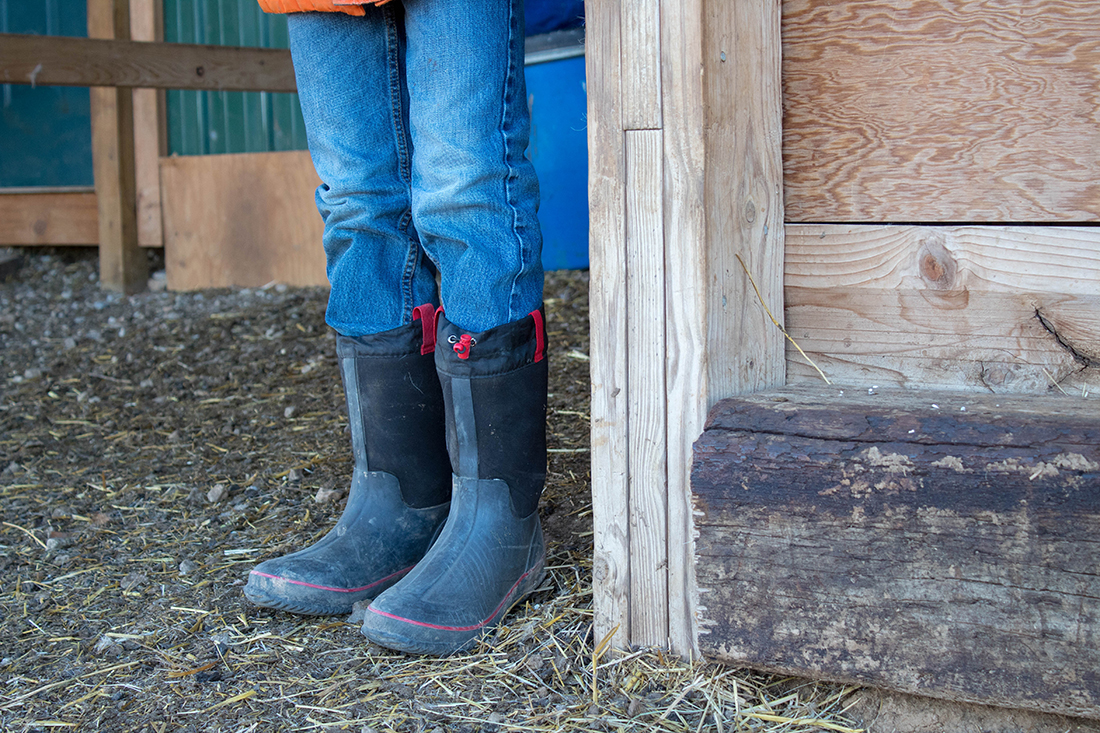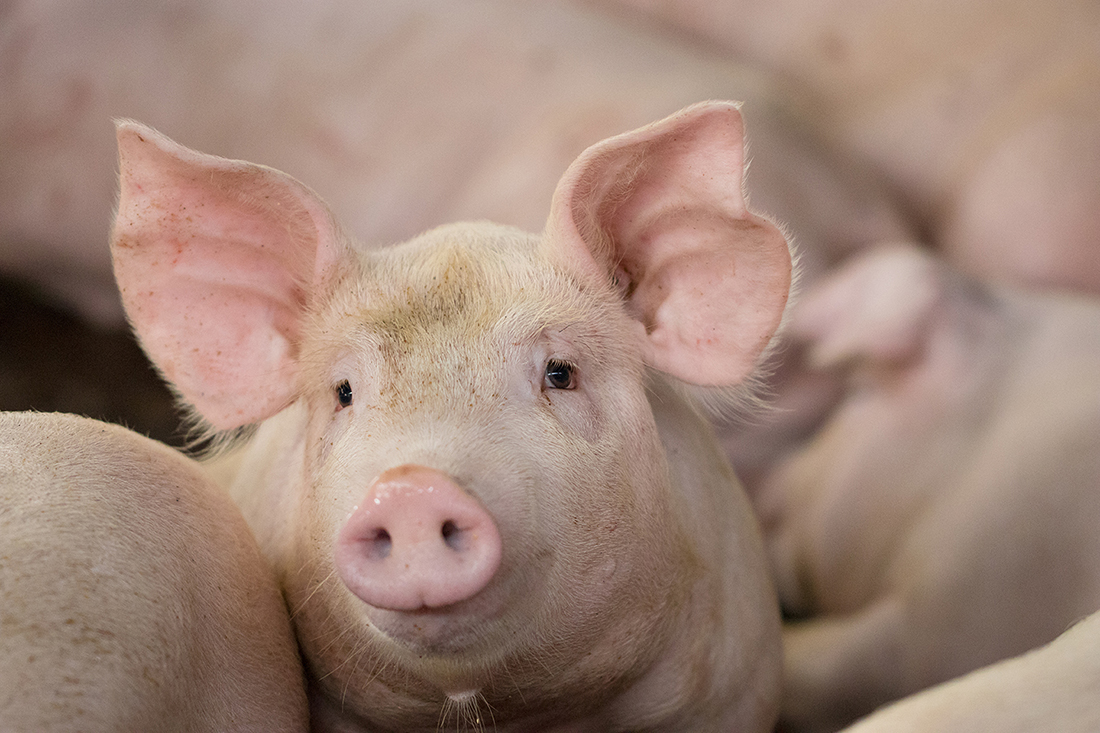The province has released the final report of the committee appointed to recommend ways to revitalize the Agricultural Land Commission, nearly five months after it was submitted.
The report makes 32 recommendations and concludes by encouraging an “agriculture first” approach to managing the Agricultural Land Reserve. Dated December 4, the province released it April 30.
The report reveals the basis for the province’s controversial bid to prevent landowners from making direct application to the ALC to exclude land from the ALR.
“The original intention of the exclusion application process in the Act was for owners of land ‘caught’ in the original land freeze that may have been erroneously included in the ALR during the designation process,” the report states. “After 47 years, it is expected that these legitimate applications would now be complete. One can also assume that most ALR landowners today purchased their land knowing it was in the ALR.”
The committee therefore recommended stripping landowners of the right to exclude properties, as well as excluding them from any consultations by ALC regarding exclusion applications.
“Removing landowner consent re-establishes the Commission’s ability to plan for a defensible and contiguous ALR boundary,” the committee argues.
The report also recommends requiring local government bylaws that “affect” the ALR meet the commission’s approval. The commission, in turn, should retain control over all decision-making, not local government. The final report was originally meant to guide government initiatives. However, the province indicated no immediate actions in response to the recommendations.
Instead, a press release announcing the report’s release points to various initiatives undertaken prior to the recommendations being made public, including relaunching Buy BC, a local procurement strategy as part of the Feed BC initiative and $375,00 in funding for a land-matching program undertaken by Young Agrarians. It also cited the passage of Bill 52 last fall and introduction of Bill 15 this winter, making the report seem more like the rationale for its actions rather than a guidebook.
“The release of the final report completes the committee’s work that began in January 2018,” the province says.


 Children can keep helping
Children can keep helping